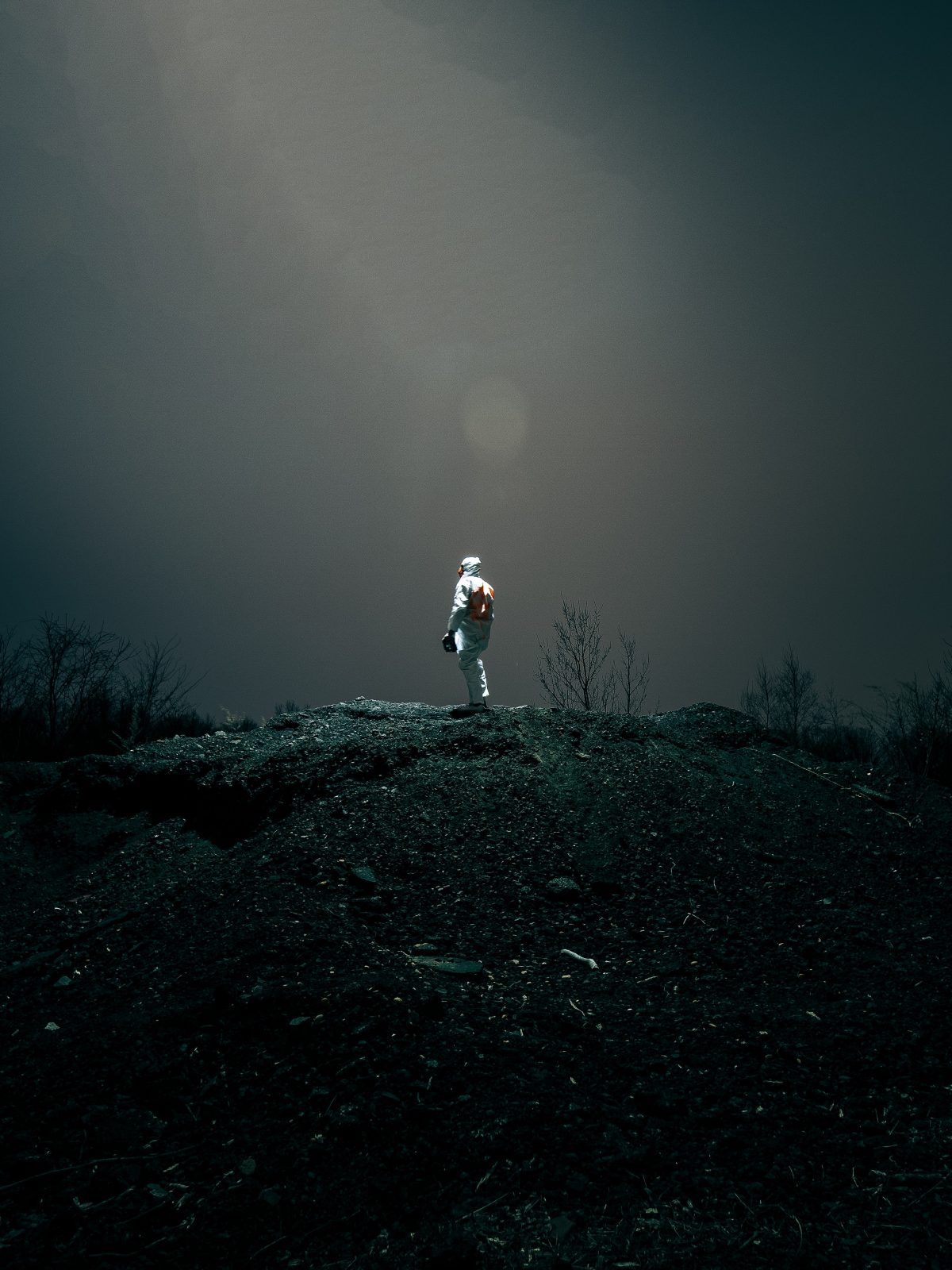Long before the Coronavirus or the “Wuhan Virus”, as our Secretary of State, Mike Pompeo, calls it, or Trump calling it the “China Flu”, there were other pandemics.
The bubonic plague hit the Eastern Roman Empire in 542, killing between 25 million and 50 million people. They called it the Plague of Justinian after emperor at the time, Justinian I.
(Pay attention, Xi Jinping)
In 1347 it returned and killed one third of the European population. That’s 18 million people. It wasn’t named for one person, though. People had become more sophisticated. They blamed it on a whole people, the Mongols.
In those days they tossed, not just dead bodies into rivers, but the near dead, too.
They might have called it the Flea Plague or the Rat Plague, but the part fleas and rats played in spreading it wasn’t discovered until 2002.
It could also have been called The Italian Plague, blaming Italians who, in fleeing the pandemic, carried it with them throughout Europe.
(Are you reading this, Michael Pompeo and Donald Trump?)
It came back for a third time in 1900 or so, starting, according to some reports, in San Francisco’s Chinatown. That resulted in The Chinese Exclusion Act. The Chinese were easy to blame, already known as “The Yellow Peril” for working for low wages on the California railroads as well as the Sonoma wineries.
That pandemic stumbled around the world for years via sea ports (sailors, you know). It sputtered out 347 miles down the coast in Los Angeles in 1924, the start of the LA movie industry, which some call a plague even today.
A few years earlier, as WWI ended, the Spanish Flu arrived, infecting 500 million people, 27% of the world population, and killed somewhere between 50 and 100 million, or 5%; the ability to document deaths hadn’t improved much in 1500 years, probably because people were dying and being buried faster other people could count them.
Spain was tagged with that pandemic because it hit Spain really hard. Today’s historians think it really started in Etaples, France or at a British Army base in Ft. Riley, Kansas.
Or in Northern China, from where Chinese laborers brought it to Europe when they were recruited to replace European workers who had gone into the WWI military. We could rename it The Chinese Flu, I suppose. That would certainly get Spain off the hook.
A common denominator of pandemics has always been fear and abuse of the sick. There were no cures, so self-protection became the brutal and only way to survive.
Wars or other natural disasters bring people together as the best way to survive. Pandemics do the opposite; people separate to survive. The lack of stories about the Spanish flu, historians believe, is because the survivors were deeply ashamed of how viciously they treated the sick.
News stories emerging from Italy today tell of healthcare workers leaving the sickest Coronavirus patients unattended in order to save others. They tell of mortuary workers refusing to pick up the dead bodies for days out of fear of catching the virus.
There are differences and similarities between our Coronavirus pandemic and previous pandemics. Some US leaders, like Governor Cuomo of New York and almost all other state governors, are encouraging people to help each other as they self-isolate. Others blame the evil Nancy Pelosi and the even evil-er Washington Post and New York Times for faking the whole thing.
There are news stories about lines forming outside of gun shops as people stock up on extra guns. There are also news stories of restaurants around the country donating meals to people.
Another difference, and this may be the game changer, is communication. In previous pandemics, people who self-isolated lost contact with each other, adding to fear and abuse of the sick. Their means of communication were limited to smoke signals, semafores, carrier pigeons and, at best, morse code.
Unlike all those past pandemics, today we have cell phones, radio, TV, streaming, and social media. So we can connect with each other even as we separate from each other. We can use all this technology to assuage fear, to direct medical help, to pass laws for financial help, to provide everything from food to succor, to give each other sympathy, laughs, stability, and hope.
To physically isolate, but emotionally, intellectually, and spiritually unite.
We can evolve from the horror and brutality of past pandemics. The question is: will we?
